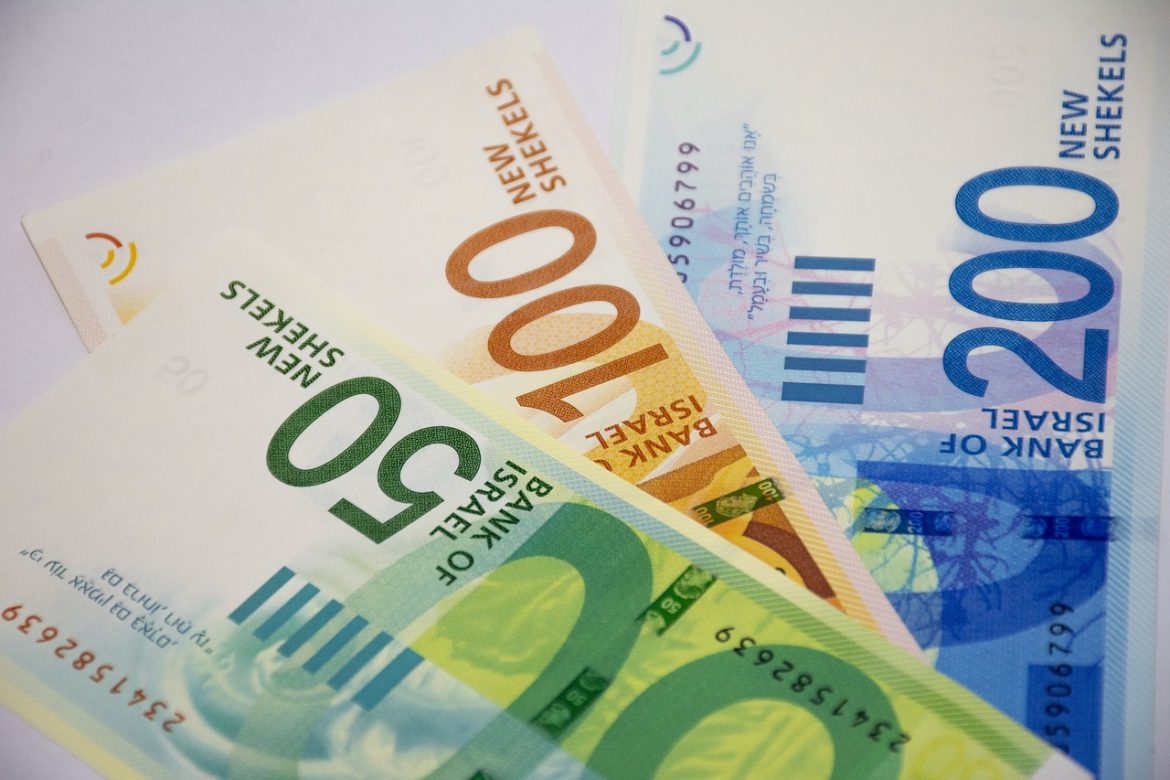Back in mid-June, Palestinian Prime Minister Mohammad Shtayyeh stated that he wanted to look into every possibility to enhance the freedom of the Palestinian economy that would not be blocked by Israel or the 1994 Paris protocol, which gave the Palestinian Monetary Authority (PMA) the power of a central bank without the ability to issue bank notes.
The growing tension lies in the economic and political tensions between Palestine and Israel where PMA alleges that the Israel shekel can be used as a payment for all purposes including official transactions, which leaves Palestine heavily reliant on Israel. Currently, there is a surplus of approximately 25 billion shekels in Palestine’s circulation, equivalent to about $7 billion. Shtayyeh is hoping that the development of a cryptocurrency will free Palestine from imposed taxes and open the flow of imports and exports.
The wider implication of cryptocurrency being accepted in Palestine comes from the militant arm of Hamas, a militant Islamic Palestinian nationalist movement in the West Bank and Gaza Strip, supported by Iran, who called for donations in Bitcoin to support their organization to evade sanctions and financial isolation for their cause.
Where one side hopes that cryptocurrency can open new trade markets and economic opportunity for the people of Palestine, another side has a more nefarious purpose and elude the authorities.
Now, these developments are nothing new. The PMA has been discussing cryptocurrency and the “Palestinian Pound” since 2017 but all attempts to develop their own currency has been met with resistance.
The growing tension lies in the economic and political tensions between Palestine and Israel where PMA alleges that the Israel shekel can be used as a payment for all purposes including official transactions, which leaves Palestine heavily reliant on Israel. Currently, there is a surplus of approximately 25 billion shekels in Palestine’s circulation, equivalent to about $7 billion. Shtayyeh is hoping that the development of a cryptocurrency will free Palestine from imposed taxes and open the flow of imports and exports.
The wider implication of cryptocurrency being accepted in Palestine comes from the militant arm of Hamas, a militant Islamic Palestinian nationalist movement in the West Bank and Gaza Strip, supported by Iran, who called for donations in Bitcoin to support their organization to evade sanctions and financial isolation for their cause.
Where one side hopes that cryptocurrency can open new trade markets and economic opportunity for the people of Palestine, another side has a more nefarious purpose and elude the authorities.
Now, these developments are nothing new. The PMA has been discussing cryptocurrency and the “Palestinian Pound” since 2017 but all attempts to develop their own currency has been met with resistance.
